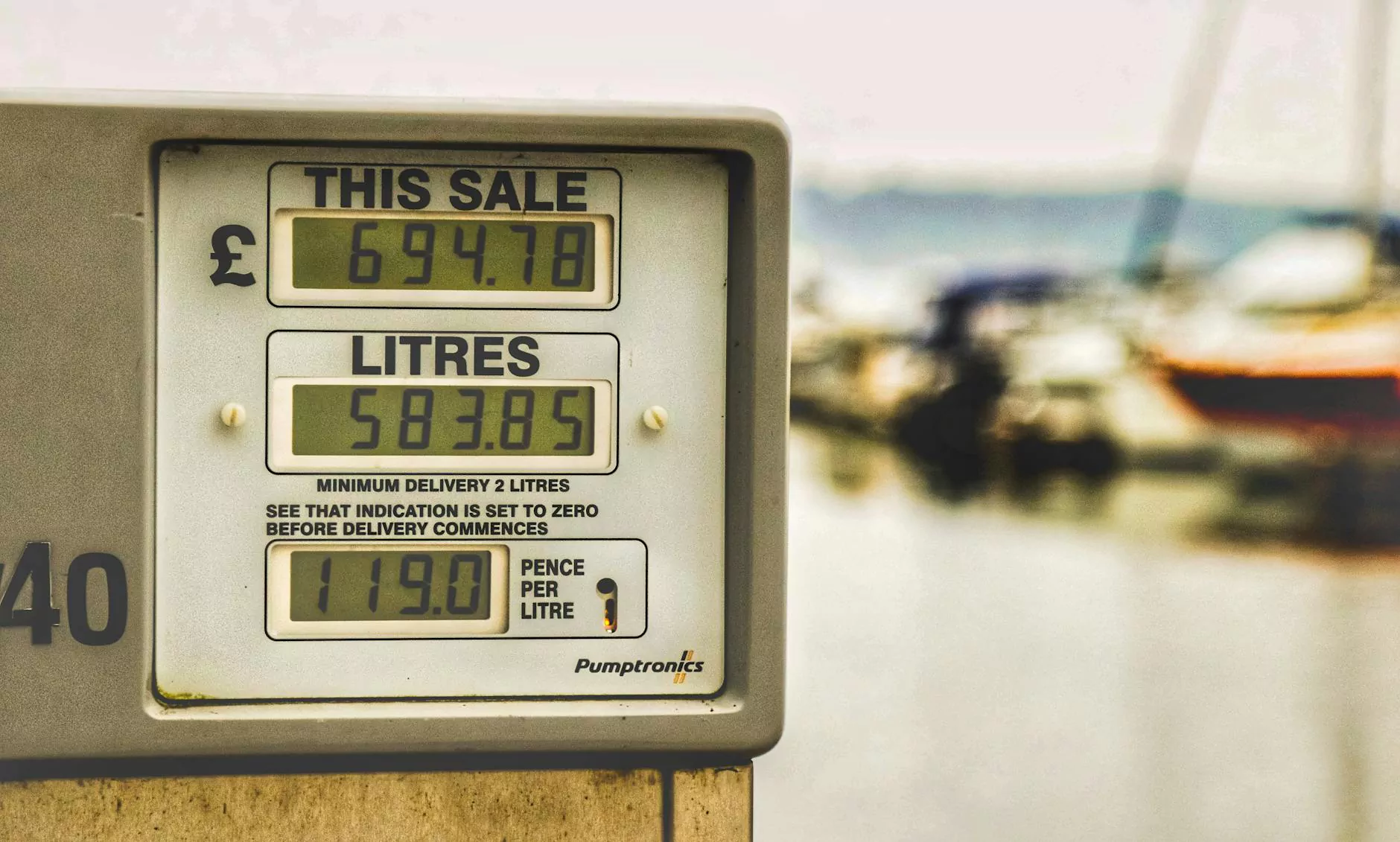The Ultimate Guide to Oil Seal Parts for Diesel Engines

In the realm of diesel engine maintenance, the performance and reliability of various components are critical. Among these components, oil seal parts play a pivotal role in ensuring that your engine runs smoothly and efficiently. This comprehensive article will navigate through the importance of oil seals, their functions, types, and how to choose the right spare parts suppliers, with a focus on client-diesel.com.
Understanding Oil Seal Parts
Oil seal parts are mechanical components designed to prevent the leakage of lubrication oils and other fluids. They create a seal between rotating and stationary parts of the engine, ensuring that the necessary lubricants remain in place, while contaminants stay out. This is crucial for maintaining engine integrity and performance.
The Importance of Oil Seal Parts in Diesel Engines
Diesel engines are known for their robustness and efficiency, but their longevity significantly depends on the effective functioning of various components, including oil seal parts. Here’s why these parts are indispensable:
- Prevention of Fluid Leakage: Oil seals prevent oils from leaking, which can lead to severe engine damage and increased operational costs.
- Protection Against Contaminants: By sealing the engine components, oil seals keep dirt, dust, and other contaminants out.
- Ensuring Lubrication: They maintain the necessary lubrication required for the engine's moving parts, which reduces friction and wear.
- Increased Efficiency: With less leakage and better sealing, diesel engines can operate at optimal efficiency.
- Prolonged Engine Life: Effective oil seals contribute to extended engine lifespan by reducing wear and tear on components.
Types of Oil Seal Parts
There are various types of oil seal parts, each designed for specific applications within diesel engines. Understanding these types can help in selecting the right components:
1. Radial Oil Seals
Radial oil seals are the most common type used in various machinery, including diesel engines. They are designed to seal rotating shafts and are available in different materials to handle various operating conditions.
2. lip Seals
These seals have a flexible lip that maintains contact with the shaft, providing effective sealing under a variety of speeds and pressures.
3. Mechanical Seals
Commonly used in pumps, mechanical seals consist of two parts: a rotating part and a stationary part. They are vital in high-pressure applications.
4. Oil Seal Rings
These are often used in static sealing applications and prevent leaks in various assemblies.
Choosing the Right Oil Seal Parts
Selecting the appropriate oil seal parts is crucial for maintaining engine efficiency. Here are key considerations to keep in mind:
- Material Compatibility: Ensure that the seal material can withstand the environment it will operate in, including temperature, pressure, and chemical exposure.
- Size Specifications: Accurate measurements are vital; ensure that the seal fits perfectly to avoid leaks.
- Performance Characteristics: Consider the seal’s ability to handle speed, pressure, and load requirements of your diesel engine.
- Manufacturer Reputability: Choose seals from reputable manufacturers known for quality and durability.
Maintenance and Care for Oil Seal Parts
Like any component of a diesel engine, oil seal parts require regular maintenance to ensure longevity. Here are some tips for effective maintenance:
- Regular Inspections: Routine inspections can help identify any early signs of wear or failure.
- Proper Installation: Ensure seals are installed correctly, as improper installation can lead to leaks and premature failure.
- Monitoring for Leaks: Be vigilant about checking for fluid leaks, as they are a sure sign that the seals may need replacement.
- Use Quality Lubricants: High-quality lubricants help enhance the performance and lifespan of oil seals.
Finding Reliable Spare Parts Suppliers
When it comes to sourcing oil seal parts, choosing the right supplier is essential for ensuring the quality and reliability of components. As a trusted source, client-diesel.com specializes in diesel engine parts, including high-quality oil seals. Here’s what to look for in a spare parts supplier:
- Product Range: Ensure the supplier offers a comprehensive range of products, including different types of oil seals.
- Quality Assurance: Look for suppliers that adhere to stringent quality control processes.
- Expert Support: A good supplier should provide expert advice and support on parts selection and maintenance.
- Reviews and Reputation: Research customer feedback and reputation in the industry.
The Future of Oil Seal Parts in Diesel Engines
As technology advances, the design and materials used in oil seal parts continue to improve, offering better resistance to high temperatures, pressures, and chemical exposure. Innovations in manufacturing processes will likely lead to improved performance and longer lifespan of these essential components.
Conclusion
Understanding the significance of oil seal parts in diesel engines is crucial for anyone involved in maintenance or operation of these powerful machines. By choosing the right seals, maintaining them properly, and sourcing them from reliable suppliers like client-diesel.com, you can ensure your diesel engine operates smoothly and efficiently for years to come. Invest in quality, prioritize maintenance, and enjoy the benefits of a well-functioning engine.









